Program Highlights
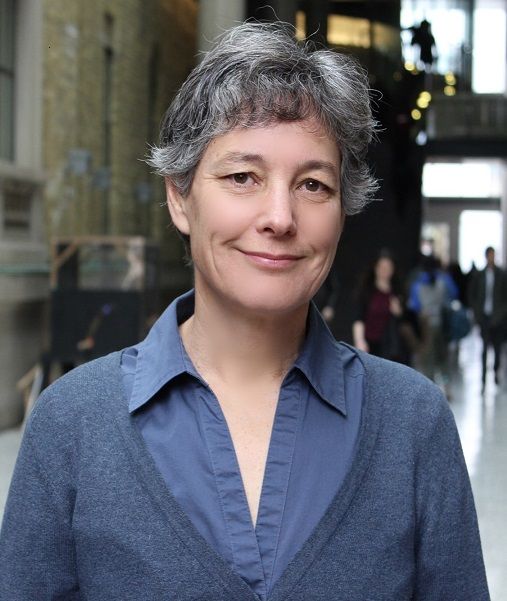
Dr. Elizabeth A. Edwards
University of Toronto, Department of Chemical Engineering and Applied Chemistry

Dr. Michael Surette
McMaster University, Faculty of Health Sciences, Department of Medicine and Department of Biochemistry and Biomedical Sciences
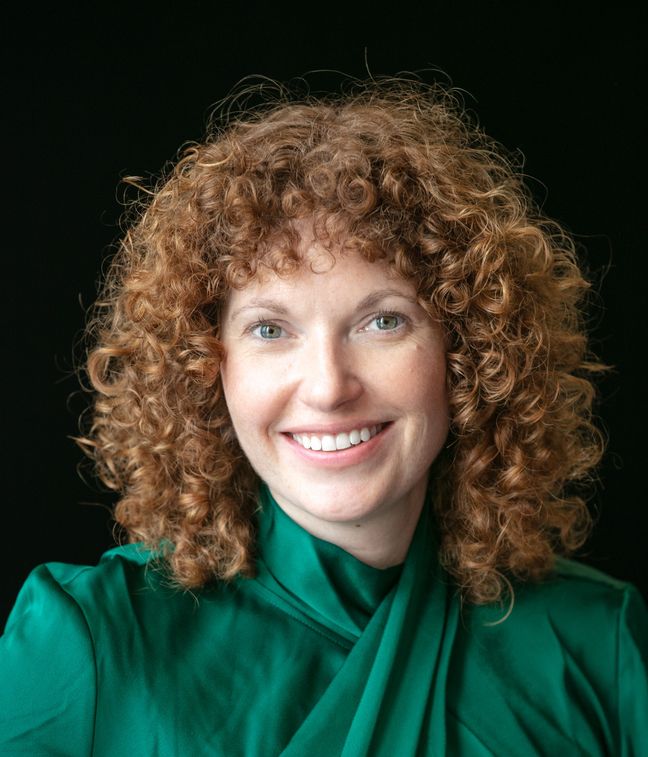
Dr. Jennifer Geddes-McAlister
University of Guelph, Molecular and Cellular Biology Department
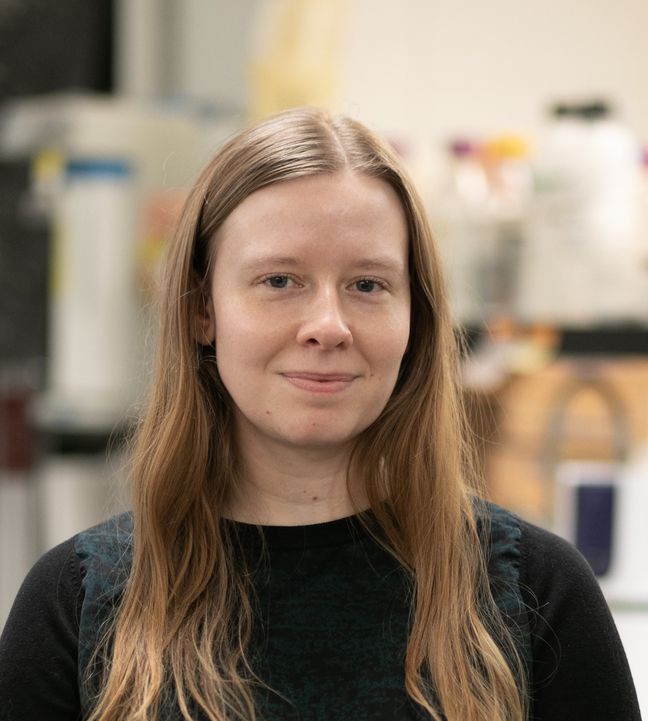
Elisse Magnuson
McGill University
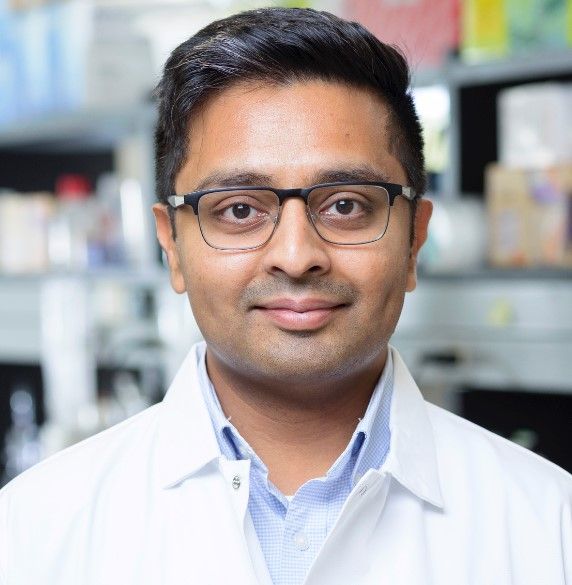
Dr. Arinjay Banerjee
University of Saskatchewan

Dr. Edel Pérez López
Université Laval
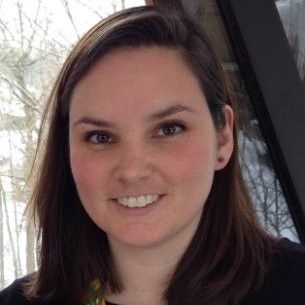
Dr. Jennifer McDonald
St. Mary's University

Dr. Gaynor Watson-Creed
Dalhousie University, Faculty of Medicine
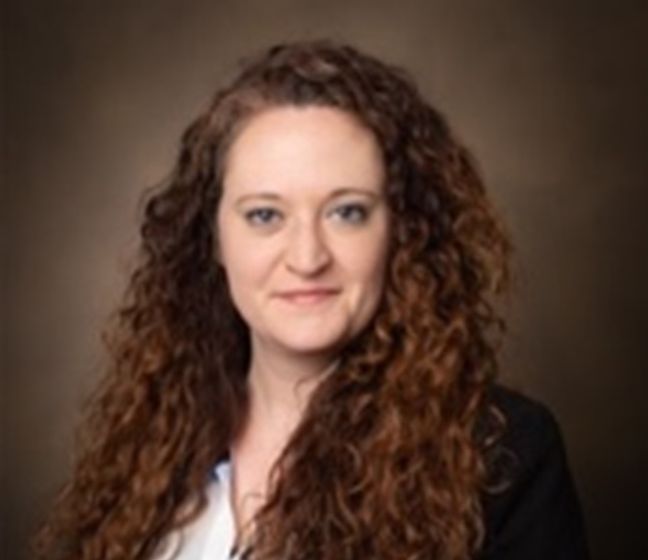
Dr. Jessica Sheldon
University of Saskatchewan
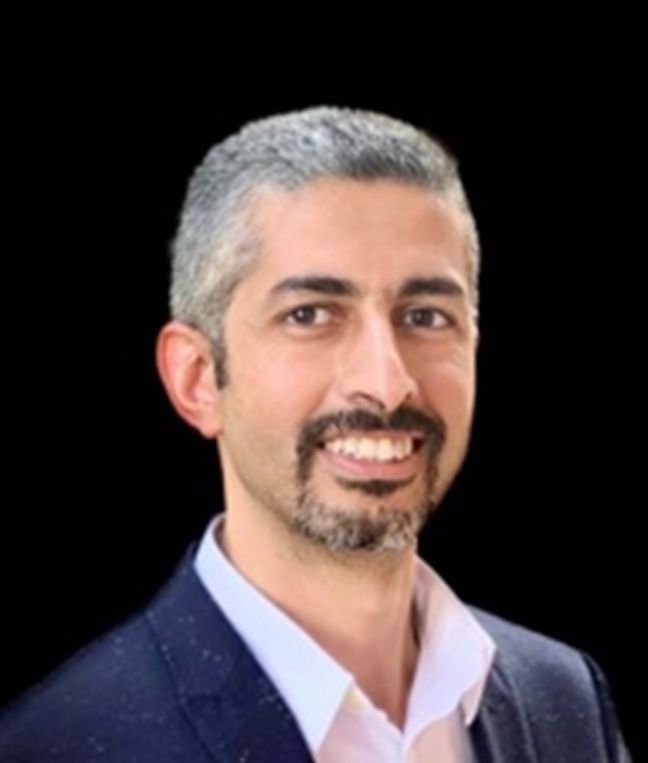
Dr. Omar El-Halfawy
University of Regina
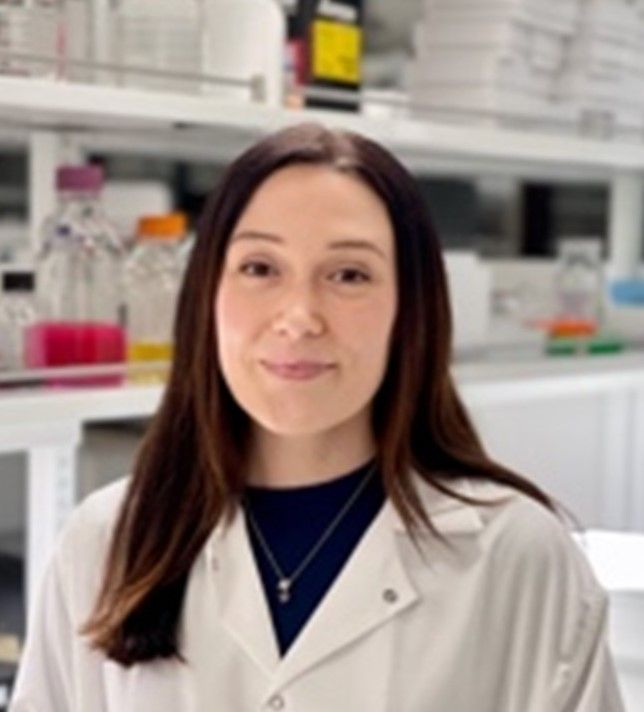
Dr. Lauren Davey
University of Victoria
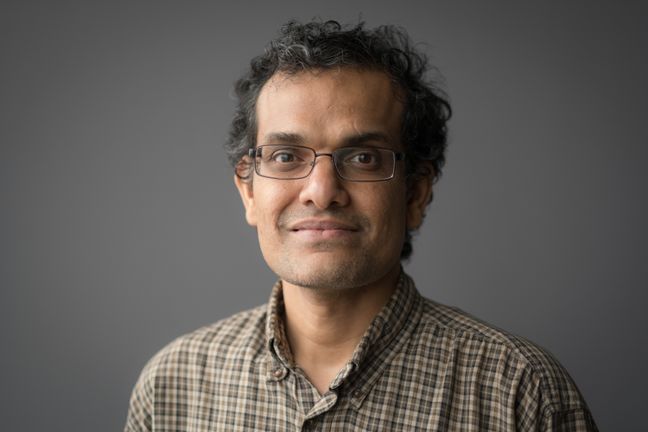
Dr. Radhakrishnan Mahadevan
University of Toronto, Departments of Chemical Engineering & Applied Chemistry, Institute of Biomaterials and Biomedical Engineering
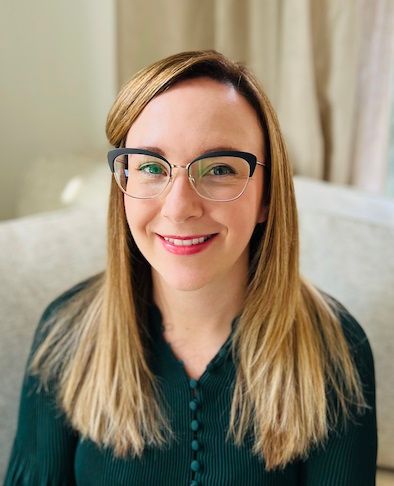
Dr. Georgina Cox
University of Guelph, Department of Molecular and Cellular Biology
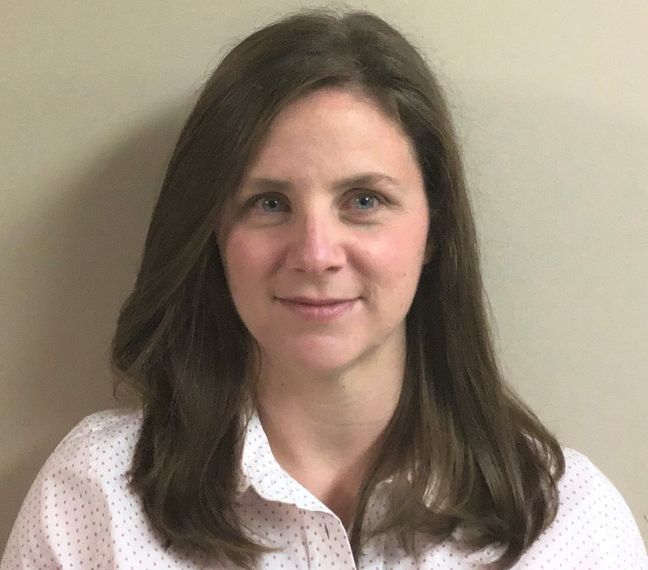
Dr. Jenny-Lee Thomassin
University of Saskatchewan, Department of Biochemistry, Microbiology and Immunology
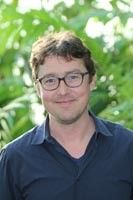
Dr. Darrell Desveaux
University of Toronto, Centre for the Analysis of Genome Evolution & Function, Department of Cell & Systems Biology
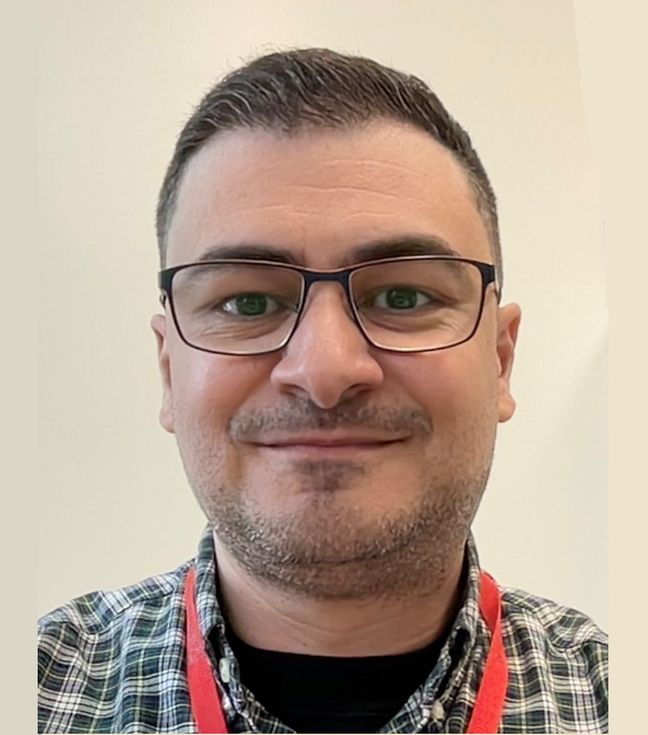
Dr. Adnane Sellam
Université de Montréal, Montreal Heart Institute, Department of Microbiology, Infectiology and Immunology
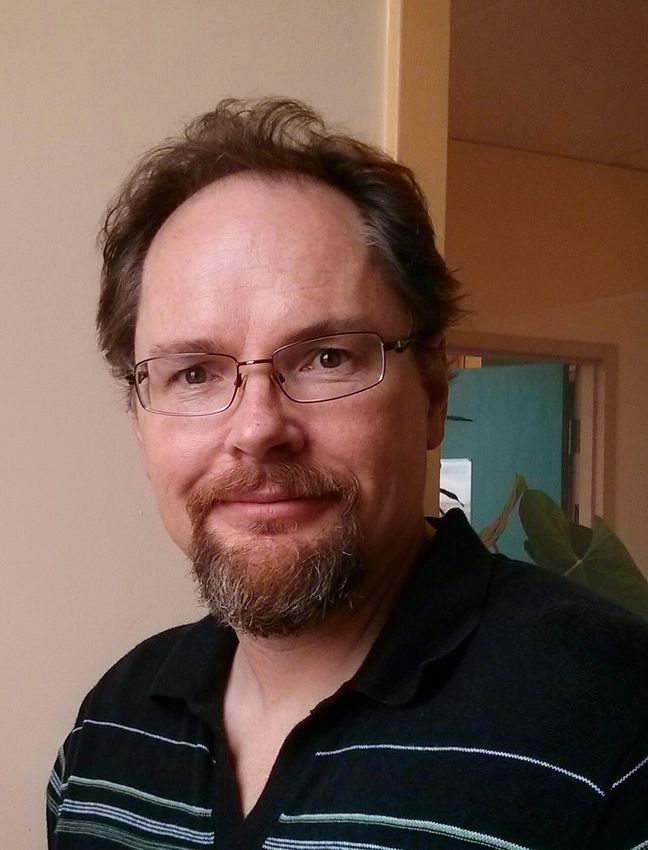
Dr. Andrew J. Roger
Dalhousie University, Department of Biochemistry and Molecular Biology
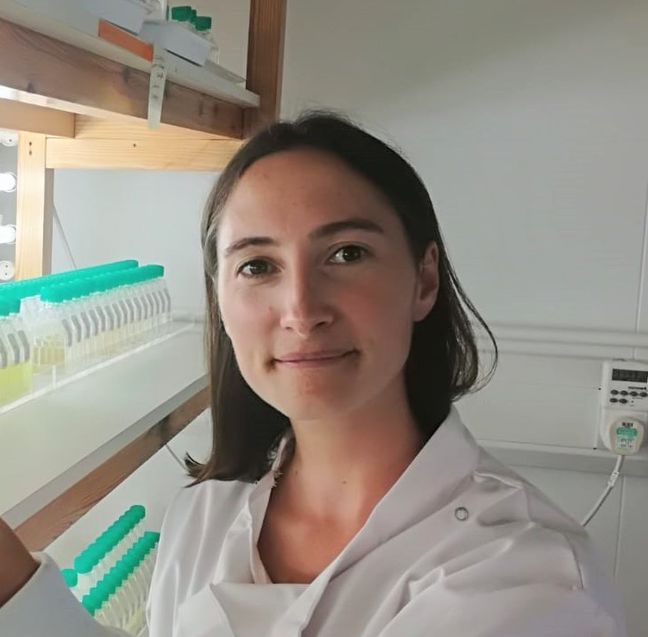
Dr. Katherine Helliwell
NERC Independent Research Fellow, Joint University of Exeter/Marine Biological Association Research Fellow
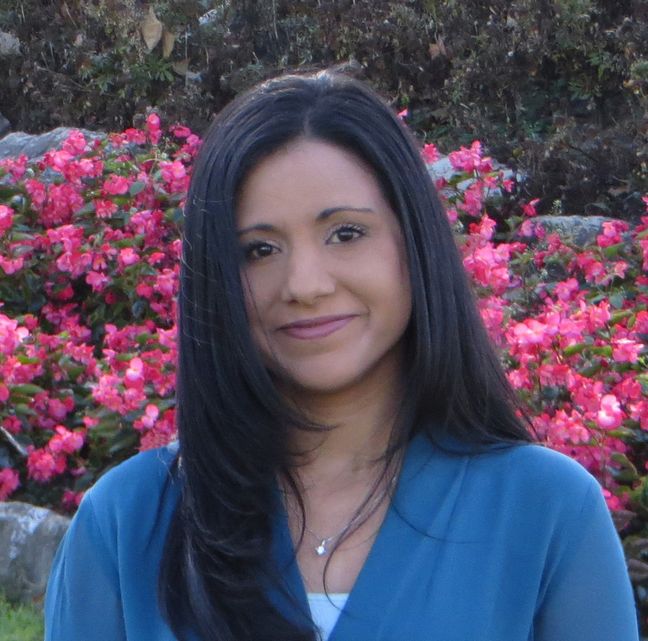
Dr. Vanessa D’Costa
University of Ottawa, Department of Biochemistry, Microbiology and Immunology
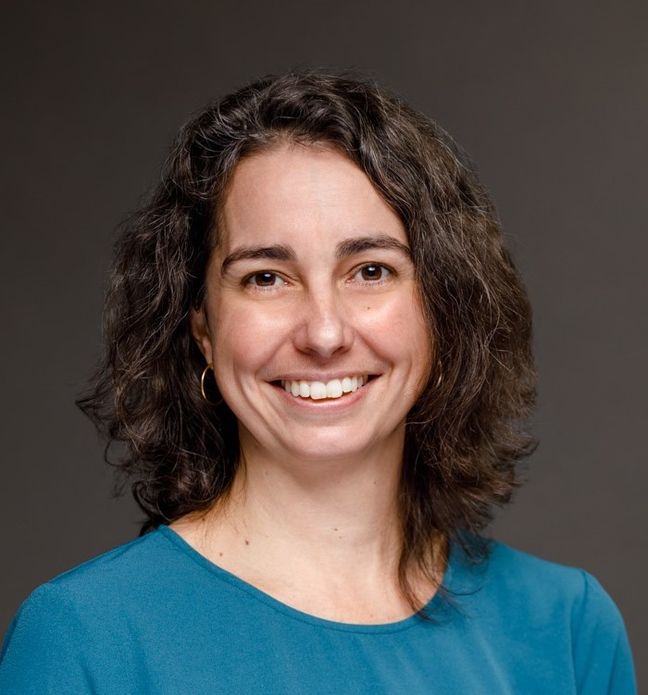
Dr. Corinne F. Maurice
McGill University, Microbiology & Immunology Department

Dr. Curtis Huttenhower
Harvard T.H. Chan School of Public Health, Departments of Biostatistics and Immunology and Infectious Diseases
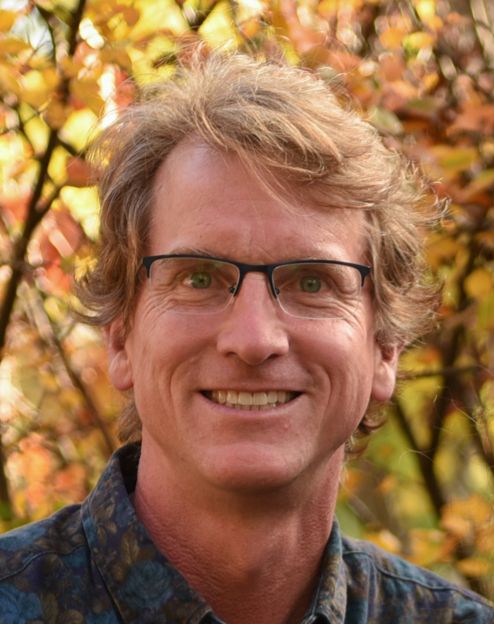
Dr. Eric V Stabb
University of Illinois at Chicago, Department of Biological Sciences

Dr. Amy Lee
Simon Fraser University, Molecular Biology & Biochemistry Department